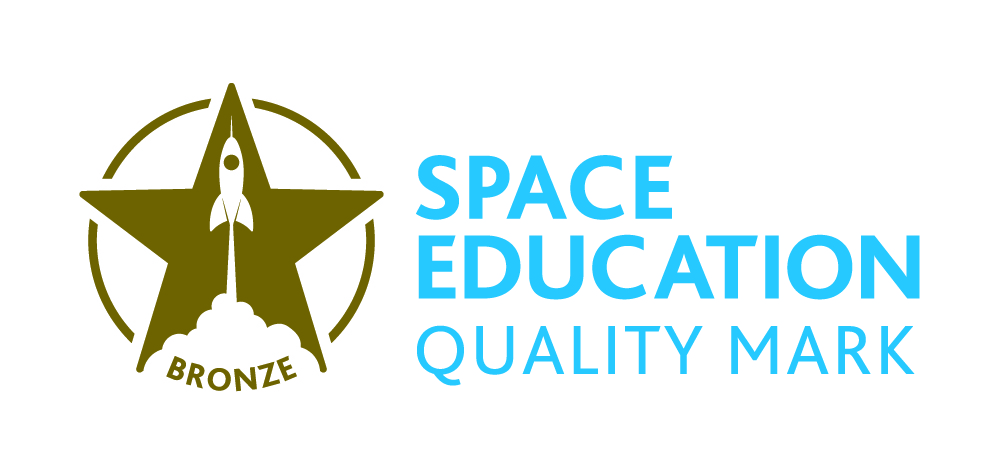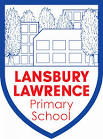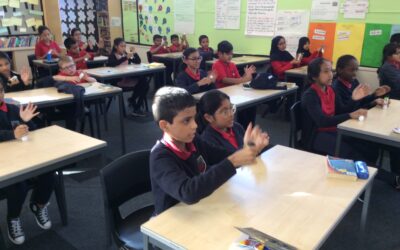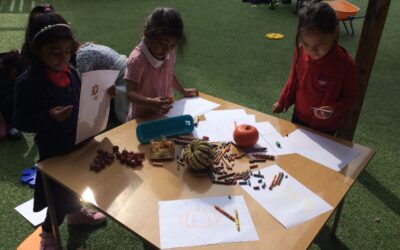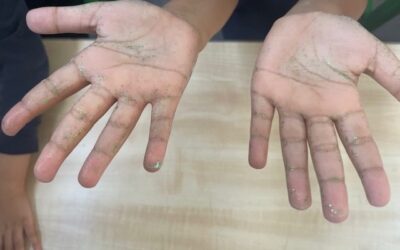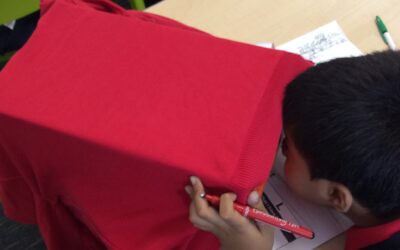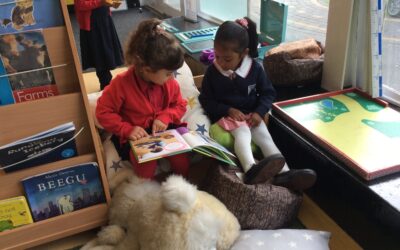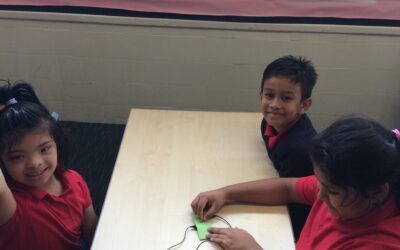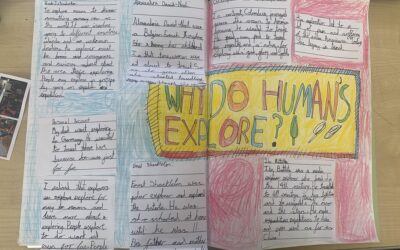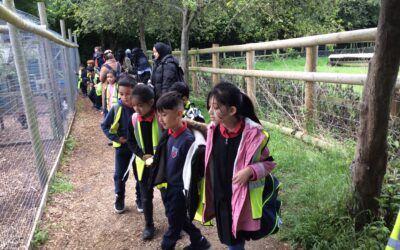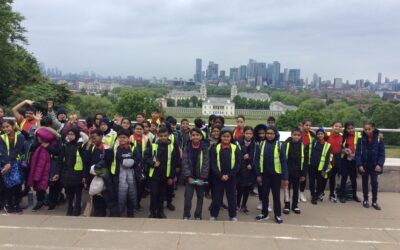Remember to look up at the stars and not down at your feet.
A high-quality science education provides the foundations for understanding the world through the specific disciplines of biology, chemistry and physics. Science has changed our lives and is vital to the world’s future prosperity, and all pupils should be taught essential aspects of the knowledge, methods, processes and uses of science. Through building up a body of key foundational knowledge and concepts, pupils should be encouraged to recognise the power of rational explanation and develop a sense of excitement and curiosity about natural phenomena. They should be encouraged to understand how science can be used to explain what is occurring, predict how things will behave, and analyse causes. National Curriculum for Science, purpose of study
A week to be proud of…
Throughout the week we have been doing assessments, such as spelling, reading, grammar, arithmetic and 2 maths reasoning papers. Also our thoughts on the questions were making us feel really nervous, but at the end of the year our scores will really improve. The day...
All of our senses.
In year one we have been budding scientists learning all about our body parts and the senses. First, we learnt about sight and how we can use our eyes to observe carefully. We enjoyed observationally drawing funny pumpkins, grapes and physalis fruits. Next, we learnt...
The Importance of Hygiene!
Year 2 learned all about good hygiene today through a practical investigation- they made a 'germ' gel out of hand cream and glitter then rubbed it over their hands. Then they touched as many surfaces as they could. They could see traces of glitter in every surface...
Science investigators
Hepworth class conducted a very exciting science investigation. We used our light source (torch) to test different materials that were transparent, translucent, opaque and reflective to see if light would pass through. We were investigating which material would be the...
We are the class bloggers this week
by Zaynab and Mahmudur In RE we learnt about beliefs. We said that people often think of different religions when they think of the word, and I think that a belief is a strong thought that something is true. Today, I enjoyed the times tables pop quiz the most, and I...
Shireen Class are Exceptional Explorers!
This week in Shireen Class, we have been making potions in the water tray. We have been adding lots of different things like glitter, soup and eyeballs. In the construction area we have been making new chairs and homes for the three bears. We have been practising our...
Switched on in Year 4!
In science we are learning all about electricity and circuits. Today we created our own switches - out of cardboard, split pins and a paperclip - and experimented with turning our light bulbs on and off, by allowing the electricity to flow through our circuits.
Summer term fun in Riley Class
We've had a jam-packed first half of our summer term here in Riley Class! Our topic for this term is Explorers. With that we've been learning all about famous explorers, discovering new things and exploring the town of London. Hindu Temple Trip Last week we visited...
Mudchute Farm
Today Kapoor and Goldsworthy classes went to Mudchute Farm. We got the DLR from Langdon Park all the way to Mudchute and walked through the woods to the farm. It was a very long way - our longest school journey so far! After surviving the first rain shower and...
Year 5 Greenwich Observatory Trip
Yesterday, year 5 were lucky enough to spend to the day at the Greenwich Observatory. We experienced many workshops, learnt lots about our solar system and explored space virtually in the planetarium. Sharing our knowledge about the Sun, Earth and Moon with workshop...
